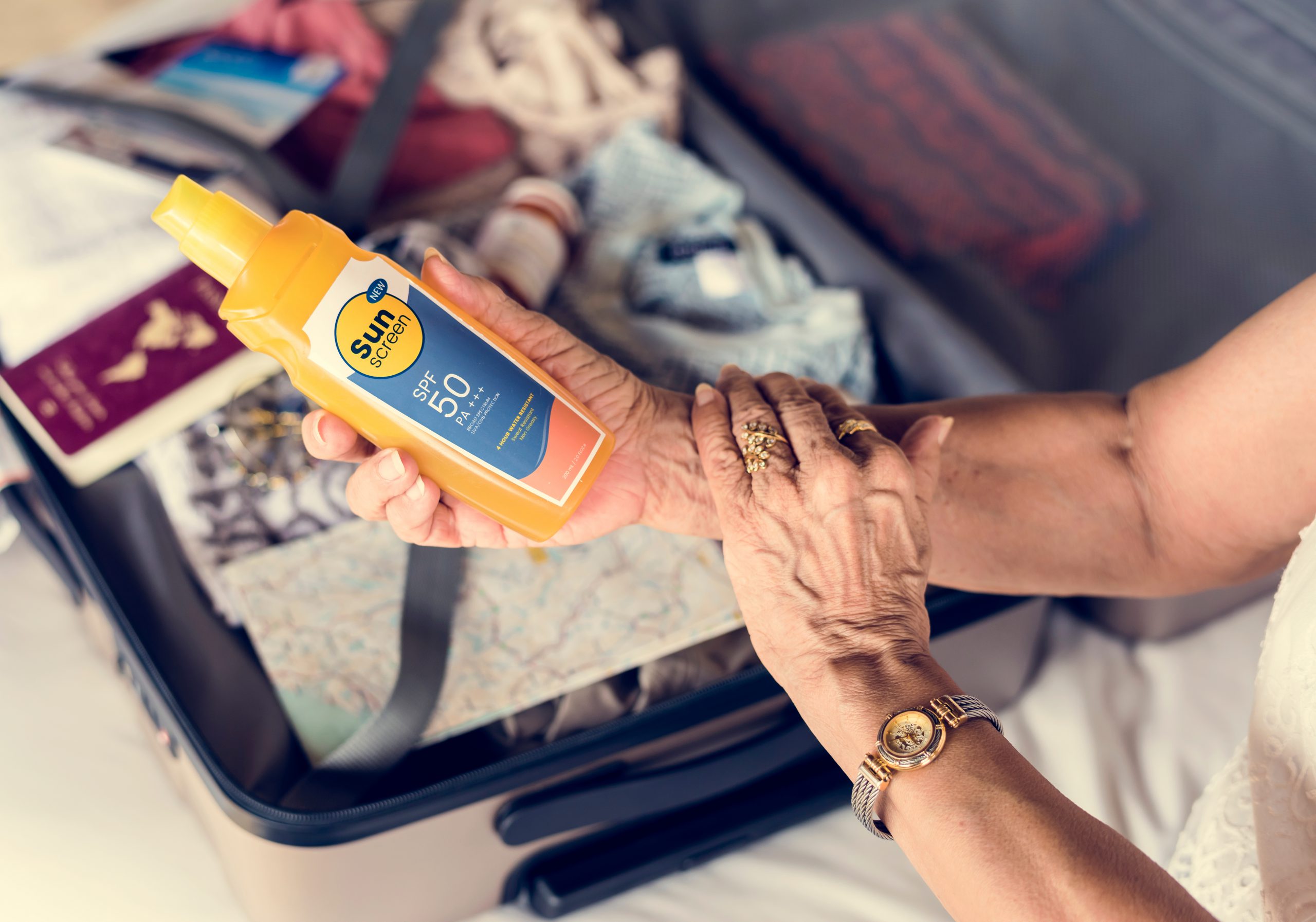We all have our vices, but some can be unhealthier than others. Obviously, smoking tops the list – the U.S. Centers for Disease Control and Prevention (CDC) believe that there are 16 million Americans living with a disease caused by smoking, including several different cancers like lung, pancreatic, and esophageal.
There are other bad habits that aren’t quite as noticeably bad as smoking, however, that can also cause us harm. Corning Center for Rehabilitation and Nursing would like to shine a light on four of those.
- Not Using Enough Sunscreen
Skin cancer is now the most common form of cancer in the United States, as the American Academy of Dermatology says one in every five people in the U.S. will have skin cancer at some point in their life. Practical tips are to avoid the sun when it’s the strongest (between the hours of 10 a.m. and 2 p.m.), wear protective clothing along with hats and sunglasses, and cover all exposed skin with sunscreen that at least has a 30 SPF. If you’re in the sun for more than two hours, you will also need to reapply sunscreen.
- Don’t Skip Preventative Appointments
It may not be pleasant or convenient to have tests like mammograms or colonoscopies, but they are vital measures that can help your survival rate if you are diagnosed with cancer. Breast cancer is the most common form of cancer in women while colorectal cancer is treatable if caught early enough. Pap smears and prostate exams should also be done at your doctor’s recommendation.
- Poor Oral Hygiene
Studies show that periodontitis (gum disease) can possibly increase the risk of oral and other types of cancers. You can start preventing this by flossing. Studies show that only four in 10 Americans floss daily, and 20 percent never floss at all.
- Ignoring Household Dangers
Radon is an odorless, colorless gas that builds up in enclosed spaces, and it’s the second leading cause of lung cancer besides smoking. Levels can change over time, so if you haven’t had your home tested in a few years, it can either be done via a self-testing kit or calling a professional.
To learn more about Corning Center for Rehabilitation and Nursing and all of the services they offer, visit https://centershealthcare.com/corning_center/.






